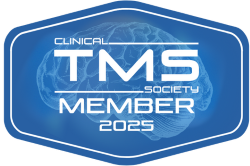
JOIN US! TMS Education Event - Tuesday, April 9th 5:30pm pst - Click to learn more!
Post-Concussion Syndrome
TMS for Post-Concussion Syndrome
Post-Concussion Syndrome (PCS) is a complex disorder in which a constellation of symptoms – such as headaches and dizziness – last for weeks and sometimes months after the injury that caused the concussion. PCS can occur after a mild traumatic brain injury (TBI), even when the initial injury seems minor. Approximately 90% of concussion symptoms are transient, with symptoms resolving within 10 to 14 days, but some symptoms may linger for weeks. Persistent PCS occurs when symptoms persist past 3 months. The symptoms of PCS can have a significant impact on daily life and can be challenging to manage.
Why TMS for Post-Concussion Syndrome?
Traditional Treatment for Post-Concussion Syndrome
Traditional treatments for PCS typically involve a combination of approaches:
- Medication: For managing pain, headaches, and mood symptoms.
- Rehabilitative Therapies: Including physical therapy for balance issues and cognitive rehabilitation for memory and concentration problems.
- Lifestyle Modifications: Stress management, regular sleep schedules, and a balanced diet.
How TMS Targets Post-Concussion Syndrome
Accelerated Transcranial Magnetic Stimulation (TMS) emerges as a promising treatment for PCS, offering a non-invasive approach to alleviate persistent symptoms. TMS works by delivering magnetic pulses to targeted areas of the brain, potentially helping to normalize disrupted neural activity caused by the concussion.
- Focused on Brain Recovery: Directly stimulates brain regions affected by the concussion, aiming to restore normal functioning.The magnetic pulses can stimulate neural activity in underactive brain regions, helping to normalize brain function.
- Enhancing Neuroplasticity: TMS has the potential to enhance neuroplasticity, which is the brain’s capacity to restructure and create new neural pathways. This is particularly important in post-concussion treatment, as the brain may need to compensate for damaged areas and relearn certain functions.
- Non-Invasive and Safe: TMS is a drug-free treatment with minimal side effects, making it a suitable option for those who might be sensitive to medications.
- Mood Regulation: Concussions can lead to mood disturbances, including depression and anxiety. TMS has been effectively used in treating these conditions, which can be an integral part of post-concussion care. By improving mood and emotional well-being, TMS can facilitate a more comprehensive recovery.
- Symptom Relief: Particularly effective in reducing chronic headaches, improving cognitive function, and stabilizing mood fluctuations.
- Complement to Traditional Treatments: Can be integrated with conventional therapies, providing a holistic approach to recovery.
What patients are saying
"Desperate and struggling, my therapist recommended TMS. With an open mind and cautious optimism, I tried it. In just five days, my anxiety improved significantly. The clinic staff was fantastic, offering counseling and education on anxiety. The whole experience, including aftercare and follow-up, made a huge difference. I wholeheartedly recommend Accelerated TMS at Kind Health Group. Thank you, Dr. Nanos, and your amazing team"
Pink, A. E., Williams, C., Alderman, N., & Stoffels, M. (2021). The use of repetitive transcranial magnetic stimulation (rTMS) following traumatic brain injury (TBI): A scoping review. Neuropsychological rehabilitation, 31(3), 479–505. https://doi.org/10.1080/09602011.2019.1706585
Summary Abstract: This scoping review explores the application of repetitive transcranial magnetic stimulation (rTMS) after traumatic brain injury (TBI), focusing on its therapeutic efficacy for a broad range of sequelae. The review assesses whether an optimal and safe rTMS protocol can be determined and makes recommendations for future clinical and research work. The review identified 30 empirical studies, suggesting that rTMS has the potential to be an efficacious therapeutic intervention for multiple symptoms after TBI, including depression, dizziness, central pain, and visual neglect. However, the results are less encouraging for prolonged disorders of consciousness and mixed for cognitive outcomes. While rTMS was generally well-tolerated by patients, some incidents of side effects and seizures have been reported. The review concludes with recommendations for more comprehensive guidelines and sufficient reporting of rTMS parameters and procedures.
Koski, L., Kolivakis, T., Yu, C., Chen, J.-K., Delaney, S., & Ptito, A. (2014). Noninvasive brain stimulation for persistent postconcussion symptoms in mild traumatic brain injury. Journal of Neurotrauma. https://doi.org/10.1089/neu.2014.3449
Summary Abstract:
Mild traumatic brain injury (mTBI) often leads to various postconcussive symptoms (PCS), such as headache, depression, and cognitive deficits. In 15-25% of cases, PCS persists beyond the typical 3-month recovery period, poorly responding to pharmacotherapy. This study tested the safety, tolerability, and efficacy of repetitive transcranial magnetic stimulation (rTMS) over the left dorsolateral prefrontal cortex (DLPFC) in alleviating PCS. Fifteen patients with mTBI and PCS lasting over 3 months post-injury underwent 20 sessions of rTMS. Clinical and functional magnetic resonance imaging (fMRI) assessments were conducted before and after the intervention, with a clinical assessment at a 3-month follow-up. The primary outcomes were tolerability, safety, and efficacy, measured using the PCS Scale. Secondary outcomes included the Cognitive Symptoms Questionnaire, neuropsychological test performance, and fMRI-assessed working memory task-related activity. The study found that rTMS is safe, tolerated by most patients with mTBI, and associated with a reduction in PCS severity and increased task-related activations in the DLPFC. The results support further assessment of this intervention in a randomized control trial.
If this is a life-threatening emergency, please call 911 or the National Suicide Prevention Lifeline














































